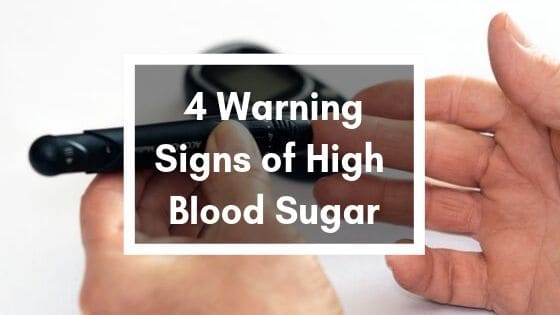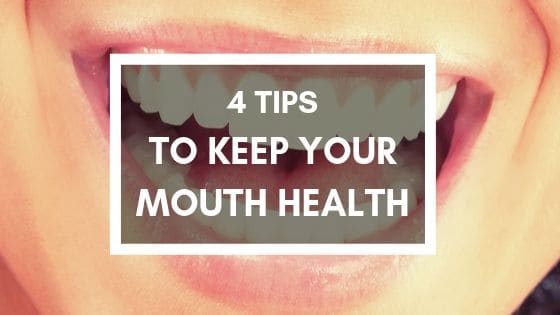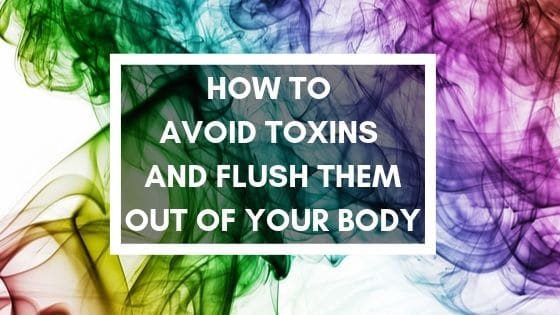
Do you know what it means to have high blood sugar?
You see, your body uses glucose as its main source of energy. And glucose comes from the food that you eat (carbohydrates).
Your brain and every cell in your body need glucose to function. And to get it, they need the help of a hormone called insulin.
Insulin is like the key that opens the door to your cells so that the glucose can get into them!
When you eat, your pancreas receives the signal to produce insulin so that the glucose can get into your cells. The excess glucose is stored in the liver as glycogen (which will serve as reserves when you need it later, between meals and when you sleep).
If this process isn’t working, blood sugar levels rise and you have high blood sugar (hyperglycemia).
What causes high blood sugar?
People think that high blood sugar is caused by eating too much sugar… But it’s more complicated than that.
The reason why sugar can’t get into your cells and accumulates in your blood is insulin resistance.
And insulin resistance is not caused by too much sugar… it’s caused by too much fat!
The more fat you eat, the more fat gets stored in your cells… This fat is called intramyocellular lipid. And that fat is what causes insulin resistance.
The fat in the cells blocks the action of insulin… it’s kinda like having gum in the door lock. The glucose can’t get in and then accumulates in your blood.
People who are overweight and eat a lot of fat (especially saturated fat) tend to have higher blood sugar and are at risk of developing type 2 diabetes.
4 signs that that tell you to check your blood sugar levels
If you have these four symptoms, you should make an appointment with your doctor…
1. Headaches
Not all headaches mean that your blood sugar is out of control. Everybody gets headaches now and then…
But if your headaches become a regular thing and you feel like they aren’t like previous headaches, it may be time to book an appointment with your doctor.
2. Fatigue
Chronic fatigue and muscle weakness can be signs of high blood sugar… or low blood sugar.
If you’re always tired and don’t feel any better even after resting, you should see your doctor.
3. Frequent peeing
People that have hyperglycemia tend to urinate more often…
When you have too much sugar in your blood, it impacts the blood vessels in your kidneys, which makes you urinate more often.
As a result, you’re also likely to feel more thirsty.
4. Blurred vision
Lots of sugar in your blood can not only affect the blood vessels in your kidneys, but it can also affect your eyes and make your vision blurry.
Other symptoms of high blood sugar:
- Confusion
- Increased hunger
- Dry mouth
- Low concentration
- Shortness of breath
- Abdominal pain
Take control
Here’s the good news…Hyperglycemia (and type 2 diabetes) is a condition that can be treated with simple lifestyle changes.
It’s important to know that high blood sugar is just a symptom of poor lifestyle choices… A bad diet, excess weight, and a lack of exercise are usually in the cause. So here’s what you can do:
Top 3 lifestyle changes for high blood sugar:
- Improve your diet by eating plenty of fresh fruits and vegetables, legumes, and whole grains, and avoiding foods that are high in industrial sugar and saturated fat.
- Exercise daily! Go for a walk, a swim, a bike ride, or anything that makes you breathe harder for 30 to 45 minutes each day.
- Manage your stress through yoga or meditation.
We’ve known since the 1930s that type 2 diabetes can be prevented, managed, and even reversed with a plant-based diet. Within five years, about 25% of the diabetics are able to get off insulin altogether.
So if you have prediabetes or you are diagnosed with type 2 diabetes, know that it’s not too late to change your ways and be healthy again!






